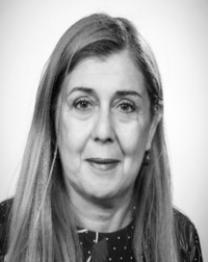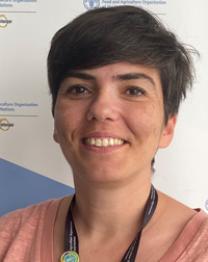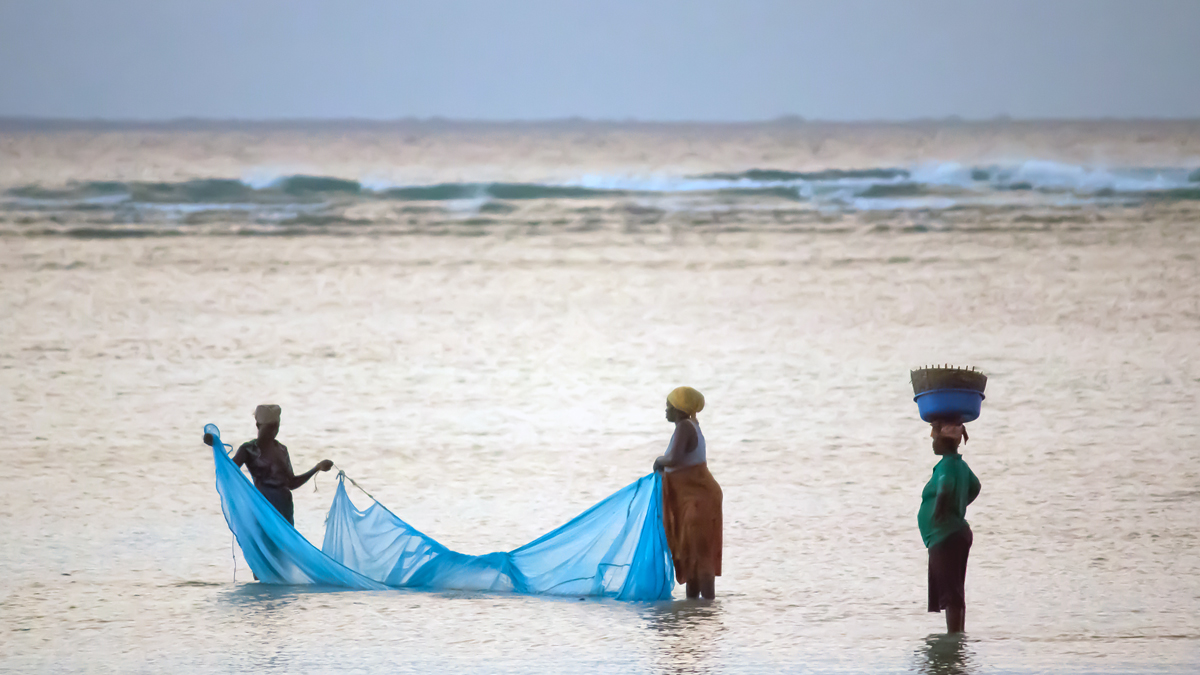
The ocean economy offers vast opportunities for developing countries to foster innovative and resilient economies and accelerate trade through the adoption of socially and environmentally sound practices.
Women are key economic actors in the fisheries and seaweed cultivation value chains, and yet their contribution is often overlooked. Both sustainable aquaculture and seaweed cultivation are emerging economic sectors with the potential to double in value and volume over the next decade. However, these sectors will have to change to adapt to the policies and measures put in place by countries to fulfill their Paris Agreement commitments. Recognizing and harnessing the untapped potential of women’s full participation in these industries can lead to a more inclusive and sustainable ocean economy.
In 2020, about 12 million women were engaged in fisheries and aquaculture on a full or part-time basis, corresponding to 21 percent of all workers. However, when considering available data for the processing sector - where most of the value for the seafood sector is added, women are found to make up over 50 percent of full-time employment and 71 percent of part-time engagement (FAO, 2022). Gender-based labour market segregation, gender wage gaps and low female representation in decision-making bodies, however, persist.
The discussion at the event will delve into the role of women in the ocean economy, recognizing their valuable contributions, and will examine existing gender gaps. It will specifically focus on women’s involvement in fisheries and seaweed cultivation, highlighting the untapped potential for women’s greater participation and empowerment in these industries, especially in value-added activities, and R&D. The event will provide a forum to foster the exchange of experiences, best practices, and innovative approaches to harness women’s potential in the ocean economy.
Objective:
The session will identify policy gaps and barriers hindering women's participation in the sectors and facilitate the exchange of experiences, best practices, and innovative approaches to better support women in these sectors.
Speakers:
Moderator:
- H.E. Nadia Theodore, Ambassador of Canada to the World Trade Organization and Permanent Representative of Canada to the Permanent Mission of Canada in Geneva, Switzerland.
Panelists:
- Ms. Simonetta Zarrilli, Chief of the Trade, Gender and Development Programme, UNCTAD
- Ms. Tatiana Der Avedissian, Business Development Manager, World Ocean Initiative– Economist Group
- Ms. Pinar Karakaya, Economist, FAO Liaison Office in Geneva
- Ms. Nichola Dyer, Senior Advisor and Secretariat Manager, Global Seaweed Coalition (video message)

Open discussion
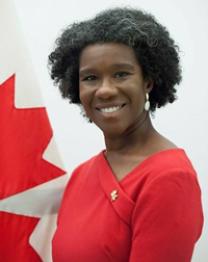
Nadia Theodore, (BA Hons and MA [Political Science], Carleton University; LLB, University of London) began her public service career at the Canada Revenue Agency in 2000. She subsequently worked with the Department of the Solicitor General.
She joined International Trade Canada in 2004. At Headquarters, she has served as director of the Trans-Pacific Partnership negotiations, director of the Secretariat for the Canada-European Union Comprehensive Economic and Trade Agreement and chief of staff to the deputy minister of international trade. Abroad, she served at the permanent mission in Geneva from 2009 to 2012 and as consul general in Atlanta from 2017 to 2020.
Most recently, she worked as a senior vice president at Maple Leaf Foods, a Canadian consumer packaged goods company and the world’s first major carbon neutral food company.
Simonetta Zarrilli is the chief of the Trade, Gender and Development Programme of the United Nations Conference on Trade and Development (UNCTAD), a programme she launched in 2010 and has been leading since. Under her leadership, the Programme provides analytical, policy and capacity-building support to member countries on the gender implications of trade policy.
Prior to leading this work area, Ms. Zarrilli worked on several trade and development related topics and carried out analytical, intergovernmental and technical cooperation activities in those areas.
Ms. Zarrilli was educated in law and international relations at the Università degli Studi di Siena in Italy, at the College of Europe in Belgium, at the Université de Strasbourg in France and at the University of Dundee in Scotland.
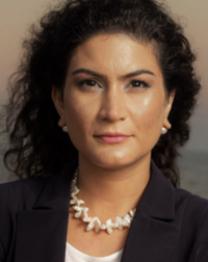
Tatiana Der Avedissian is head of business development for Economist Impact's World Ocean Initiative and sits on The Economist Group's sustainability steering committee.
A communications specialist, outside of work she uses her expertise to advise and support other organisations with their strategic communication and business needs. She helps lead the strategy and fundraising efforts for two charities in the UK, serving as trustee and co-president of Alkionides UK, and chair of the board of trustees of the Armenian Institute. She is co-president of the Harvard Kennedy School Women's Network and sits on the board of the UK-Cyprus Enterprise Council and The Armenia Project.
Der Avedissian has taught ethics and politics for the Escuela de Gobierno Universidad Hemisferios in Ecuador as a guest professor.
Nichola Dyer, Senior Advisor to the Global Seaweed Coalition, brings experience across multilateral institutions and the public, private, academic, and non-profit sectors to her sustainability work.
She has designed and led strategic global initiatives across a wide range of sectors and themes, including seaweed and aquaculture, food systems and food security, governance, and engagement of marginalized and vulnerable groups. Currently, she serves on the Advisory Board of GlobalSeaweed-SUPERSTAR and several other non-profits and chairs an education grant program for women from developing countries.
During 26 years of World Bank Group service, Nichola managed the $1.5b Global Agriculture and Food Security Program, developed greenfield operational engagements on excluded minorities and disability, led the ethics office, and established the Gabon office.
She obtained her MSc in Economics at the University of Illinois at Urbana-Champaign.
Pınar Karakaya is an economist at the FAO Liaison Office in Geneva where she leads the trade and food security workstream.
She has 17 years of professional experience in agrifood trade, commodity markets and trade negotiations. Prior to joining FAO, she worked as a government official for the Türkiye’s Ministry of Trade which is the sole authority in the country for import and export policies.
From March 2019 to July 2022, she served as a Commercial Counsellor at the Permanent Mission of Türkiye to the WTO where she focused on fisheries subsidies negotiations and agriculture negotiations. Pinar has a strong educational background in international relations, with a particular focus on international political economy.
She holds a Master of Arts in International Policy Studies from Stanford University in the United States and a Master of Business Administration from the Middle East Technical University in Türkiye.



